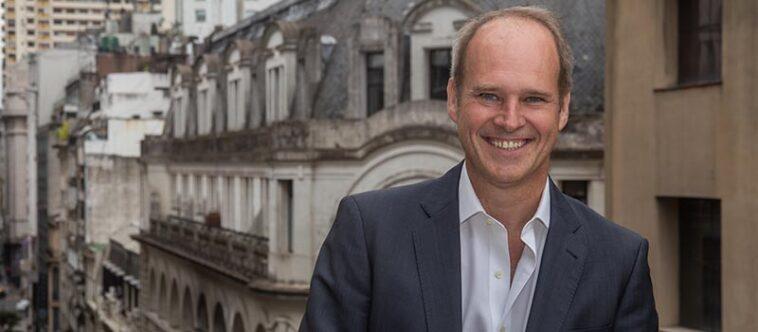Javier Bolzico, president of the Association of Argentine Banks (ADEBA) that brings together entities with local capitals, said that default with the International Monetary Fund (IMF) “would be almost like a nuclear accident for Argentina” and warned that just as there was no agreement in Congress last year to pass a Budget Law, this time there is a risk that the legislative dynamic prevents the approval of the agreement with the international organization.
“And I say an accident because yesterday one heard everyone say we don’t want the default. Everyone agrees that there should be no default, but we are approaching the date and there is no agreement on how to avoid that default,” Bolzico told Radio Miter.
“So there is a risk that, even with nobody wanting it, it will happen. If you think, before the treatment of the Budget none of the political groups said we are going to leave Argentina without a budget. Now they say that they are not going to cause the default, but if there is no agreement an accident can happen”, he added.
“Yesterday one heard everyone say we don’t want the default. Everyone agrees that there should be no default, but we are approaching the date and there is no agreement”
On March 22, Argentina must pay a maturity of the debt contracted with the IMF for about USD 2,900 million, much more than what the Treasury has available in the meagre reserves of the Central Bank. Without an agreement that allows refinancing that payment, the country would enter into default with the agency.
Bolzico, like other businessmen, spoke on Tuesday before the legislators who are debating the bill that is needed so that the agreement -already closed with the IMF staff- has the approval of Congress and thus passes to be considered by the board of directors of the IMF. credit agency.
“For a long time there was talk of the fine print of the agreement with the Fund, now what matters is the thick line.”
And that is if we refinance the debt or go into default. Those are the only options we have, Argentina cannot pay the debt in the terms that were originally agreed. So either we enter into a negotiation with our creditor or we default. That is what has to be defined these days and there is little left,” said the leader of the banking chamber.
Regarding the escalation of country risk in recent days, despite the closeness of an agreement, the business leader said that the doubts that exist around whether or not there will be an agreement to vote on the new IMF program have their influence on the indicator.
“Part of the country risk is explained precisely by this possibility of the accident occurring, we do not have the law and the debt with the fund is not refinanced. Country risk partly reflects that,” Bolzico said.
“Entering default would be equivalent to a country being taken out of SWIFT, out of the market. The country risk reflects this,” she added, although he admitted that he will not reach an agreement to lower that indicator.
“If the debt with the IMF is refinanced, will it go down? Not necessarily, but it gives you the chance to stay alive to start solving the rest of the problems that explain the country’s risk.




GIPHY App Key not set. Please check settings